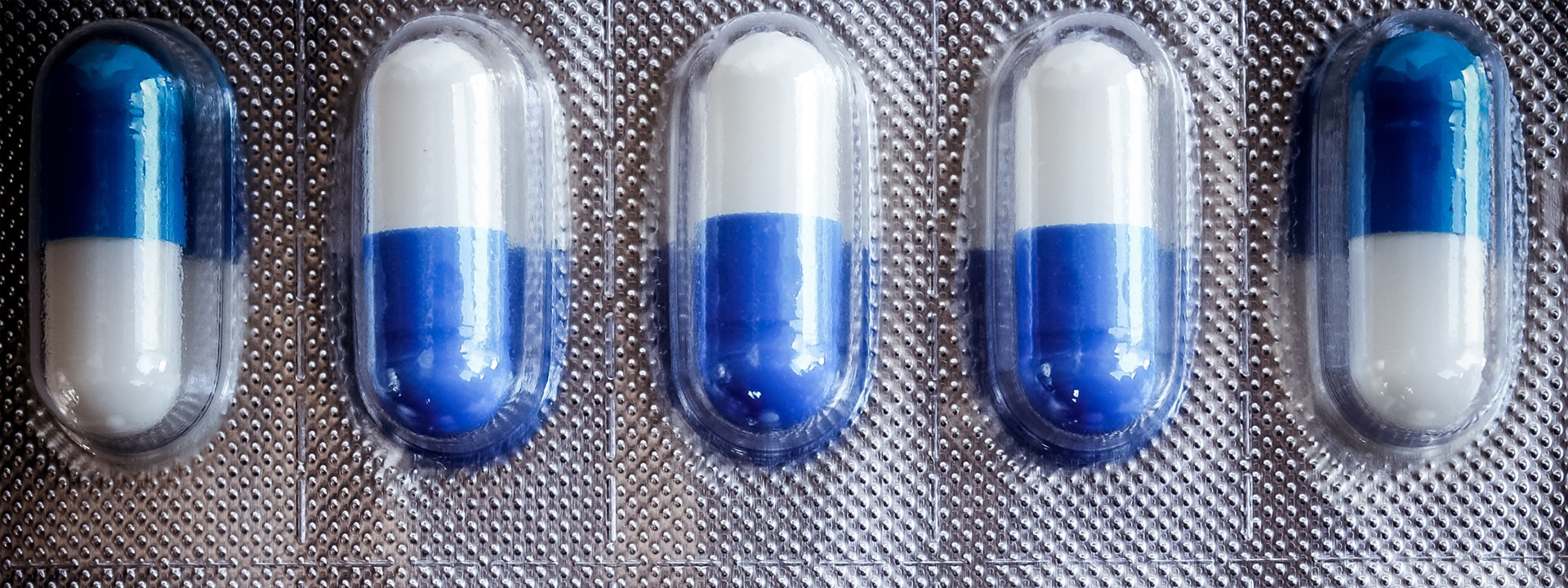In this knowledge society, individuals are managing their personal health. This, coupled with the surge of connected devices, has created an opening for a wide range of mHealth apps. However, mobile access to personal data raises increasing concerns over security and privacy
A modern health service
mHealth apps offer a wide range of healthcare support from diet-focused and fitness monitoring, to more sophisticated diagnostic or treatment support. The rise in health self-care is enabling a more approachable and realistic way to live a healthier life.
This technology goes a step beyond - the advantages are not just centred on the individual. Using the data, diseases can be more accurately diagnosed, tracked and monitored, increasing the availability of real-time public health information. The health of the population can be improved through information sharing and a better understanding, but there are privacy regulations surrounding the use of personal data.
Data health risks
In August 2016, a report by the Future of Privacy Forum identified that just 76% of mHealth apps had a privacy policy that was accessible to users. This highlights a concerning data protection risk, when a rising number of people are putting their personal information into these apps, which are susceptible to hackers.
mHealth apps must adhere to data protection legislation, as well as evaluate security threats and subsequent impact of any data breach. By understanding the risks, mHealth apps can proactively manage potential threats and increase security where necessary.
Privacy and potential breaches are just one data risk facing mHealth app suppliers. The input of incorrect data, misuse of the app, or misinterpretation of advice could also lead to significant risk to the user’s health, who could seek compensation from the provider.
This is where important risk management procedures, such as requirements for manufacturers to monitor and identify misuse of the app or other reoccurring risks, provide additional protection for mHealth providers. These data issues will continue to surface as the mHealth sector continues to gain in popularity.
Self-care healthcare
The growth of managing our own health has followed a long list of other sectors that have adopted a self-manage approach, from banking and utilities to entertainment, as portable devices, such as smart phones and tablets, have enabled a more digitally empowered society. The expectation is that self-care for health will lower healthcare costs and provide a better service to patients.
mHealth apps certainly offer many advantages for both the individual and across the population, as healthcare professionals can identify growing trends and act quickly. Furthermore mHealth providers must act quickly and responsibly to data privacy, breaches and incorrect data risks, and limit their impact.
Identifying what was breached or misused, by whom, and speedily putting a stop to the activity, is the crucial first step. This helps to protect the provider’s bottom line by minimising any operational or reputational damage.
The latest QBE Health Check newsletter provides more information about the data risks for companies using mHealth apps.
As our world becomes more connected there is a huge opportunity for apps that empower users. mHealth is an important sector where the value is seen by both the users and the professionals, but the providers of the apps must properly manage data in order to limit headaches.
QBE offers a comprehensive combined liability programme for mHealth, built on its expertise as a leading general liability and medical malpractice insurer. Our scope of cover includes; Medical Malpractice, Public Liability including abuse, Products Liability, Employers’ liability and cyber.

